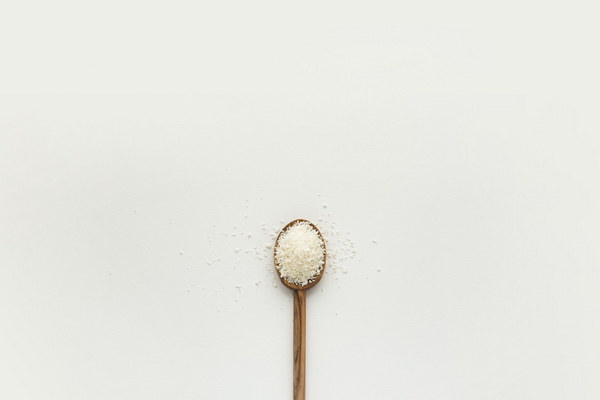Can You Take Supplements If You Have Gastritis
Introduction:
Gastritis, an inflammation of the stomach lining, is a common condition that can affect individuals of all ages. While it may be tempting to reach for supplements to help alleviate symptoms or promote healing, it's essential to understand whether it's safe to take supplements if you have gastritis. In this article, we will explore the potential risks and benefits of using supplements when dealing with gastritis.
1. Understanding Gastritis:
Gastritis is caused by various factors, such as Helicobacter pylori bacteria, excessive alcohol consumption, non-steroidal anti-inflammatory drugs (NSAIDs), and certain medications. The condition can lead to symptoms like stomach pain, nausea, bloating, and indigestion.
2. The Role of Supplements:
Supplements are meant to complement a balanced diet and may offer certain health benefits. However, when it comes to gastritis, not all supplements are suitable. Here are some commonly used supplements and their potential effects on gastritis:
a. Probiotics:
Probiotics are beneficial bacteria that can help maintain a healthy gut flora. Some research suggests that probiotics may be helpful in treating gastritis by reducing inflammation and promoting the growth of beneficial bacteria. It's important to consult a healthcare professional before taking probiotics, as certain strains may exacerbate symptoms in some individuals.

b. Antioxidants:
Antioxidants, such as vitamin C, vitamin E, and selenium, have anti-inflammatory properties and may help reduce oxidative stress in the stomach lining. These supplements can be beneficial for individuals with gastritis, but excessive intake can be harmful. It's advisable to consult a healthcare provider before starting an antioxidant supplement regimen.
c. Digestive Enzymes:
Digestive enzymes, such as pancreatin and bromelain, can aid in breaking down food and promoting digestion. They may be beneficial for individuals with gastritis, but it's crucial to avoid supplements that contain harsh ingredients, such as peppermint oil, which can further irritate the stomach lining.
d. Stomach Soothing Supplements:
Supplements like ginger, chamomile, and slippery elm can help alleviate symptoms of gastritis by soothing the stomach lining. However, it's essential to choose supplements that are free from allergens and harsh chemicals, as these can worsen the condition.
3. Potential Risks of Supplements:
While some supplements may offer benefits for individuals with gastritis, there are potential risks to consider:
a. Allergic Reactions:
Certain supplements, especially those containing herbs or plant extracts, can cause allergic reactions in some individuals. It's crucial to consult a healthcare provider before starting any new supplement to avoid allergic reactions.
b. Interactions with Medications:
Supplements may interact with certain medications, potentially leading to adverse effects. It's essential to inform your healthcare provider about all supplements you are taking to avoid any potential interactions.
c. Overdosing:
Taking excessive amounts of supplements can be harmful, as it can lead to toxic levels of certain nutrients. It's important to follow recommended dosage guidelines and consult a healthcare provider for personalized advice.
Conclusion:
In conclusion, while some supplements may offer benefits for individuals with gastritis, it's crucial to consult a healthcare professional before starting any new supplement regimen. They can help determine the suitability of specific supplements based on your individual health condition, potential interactions with medications, and any known allergies. Always prioritize a balanced diet and follow the advice of a healthcare provider when considering supplements for gastritis.









